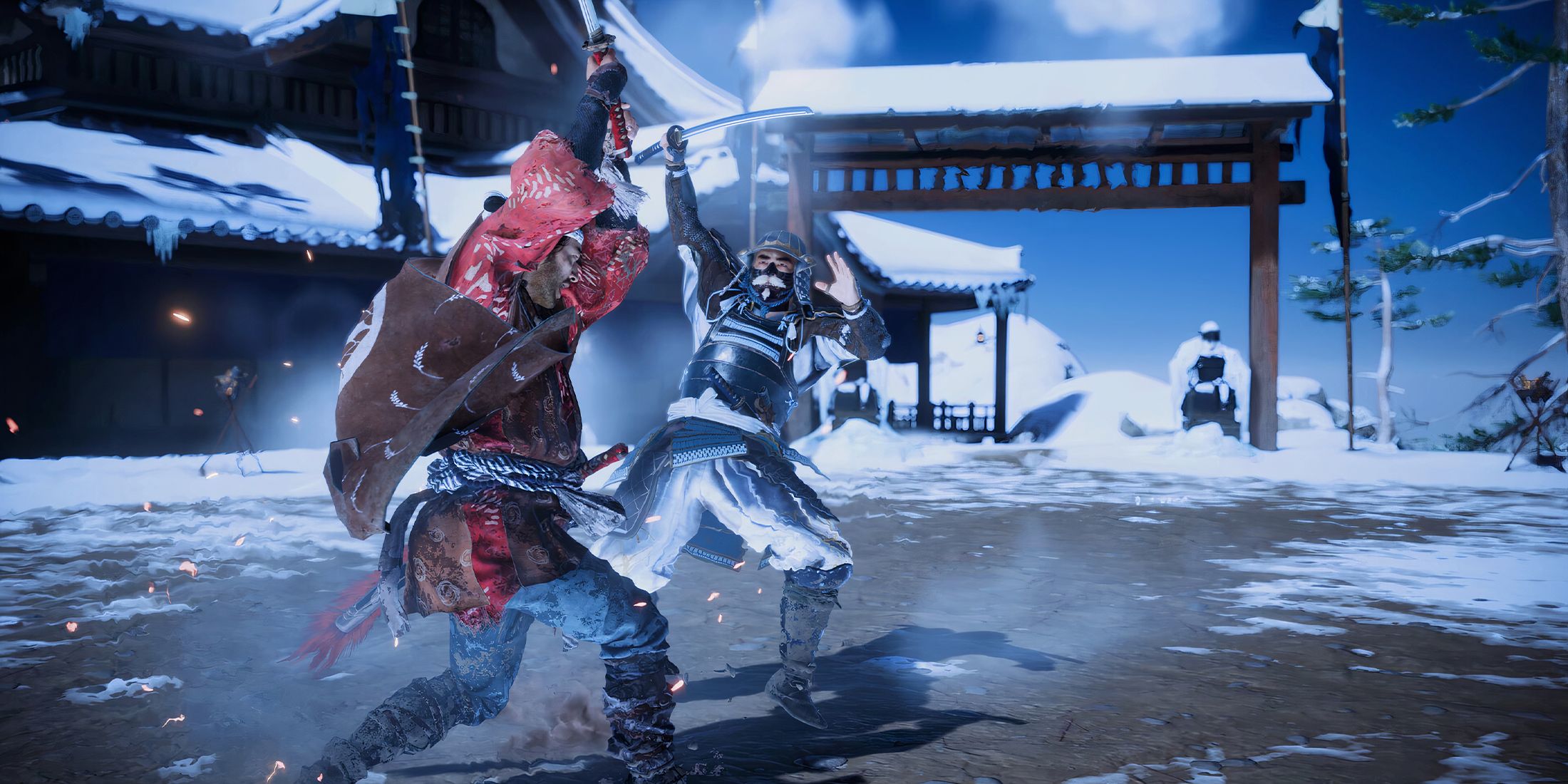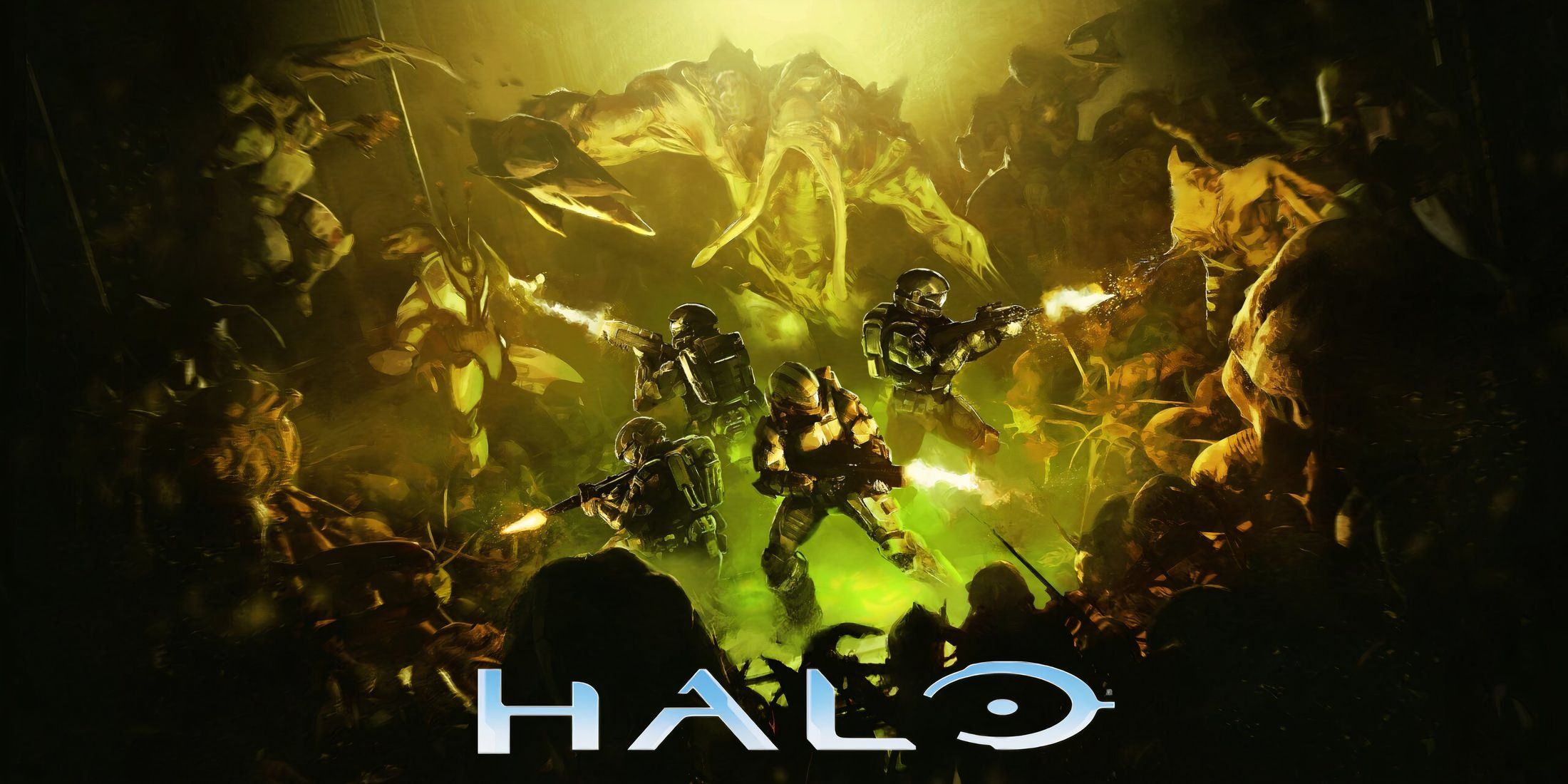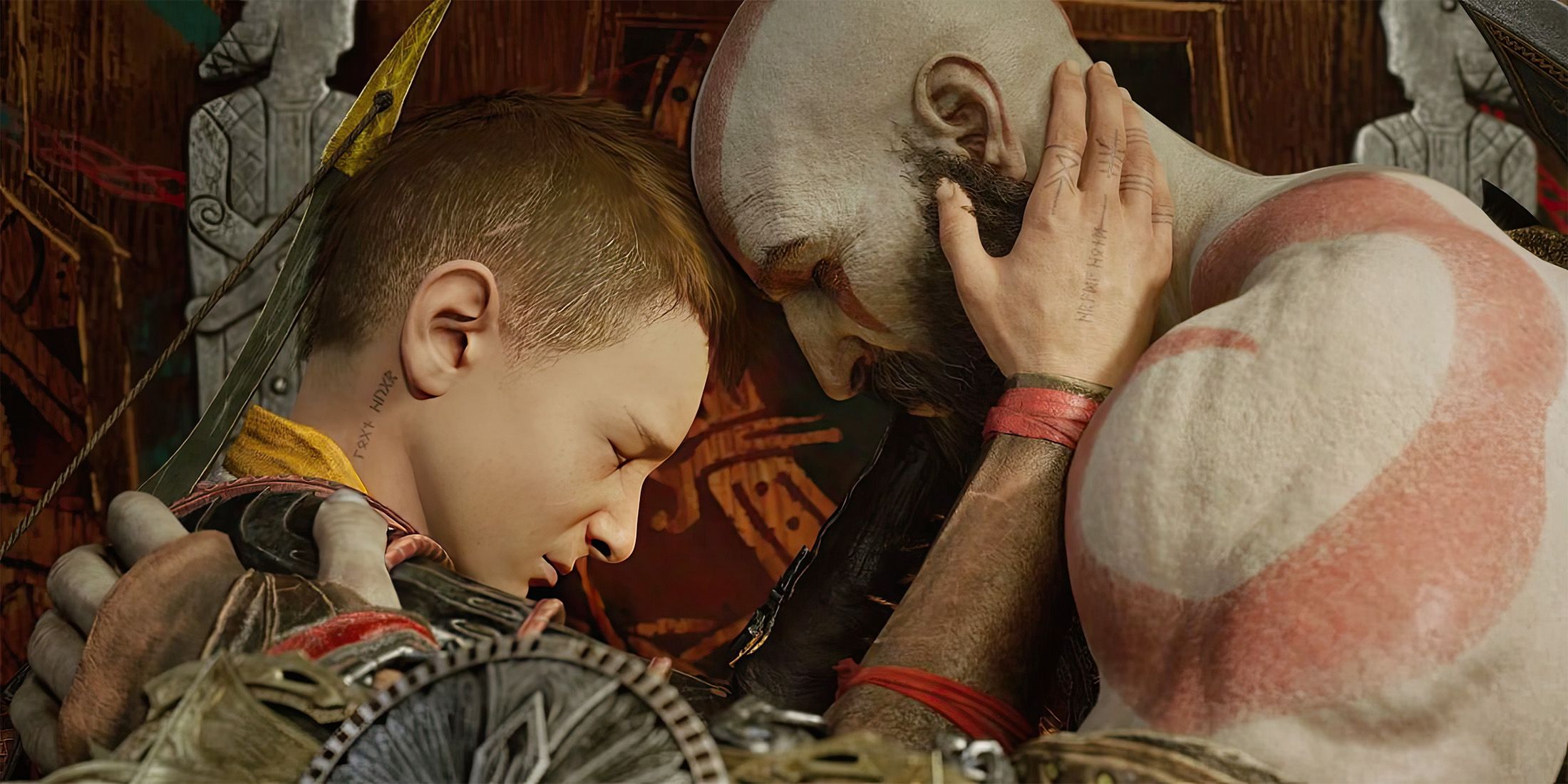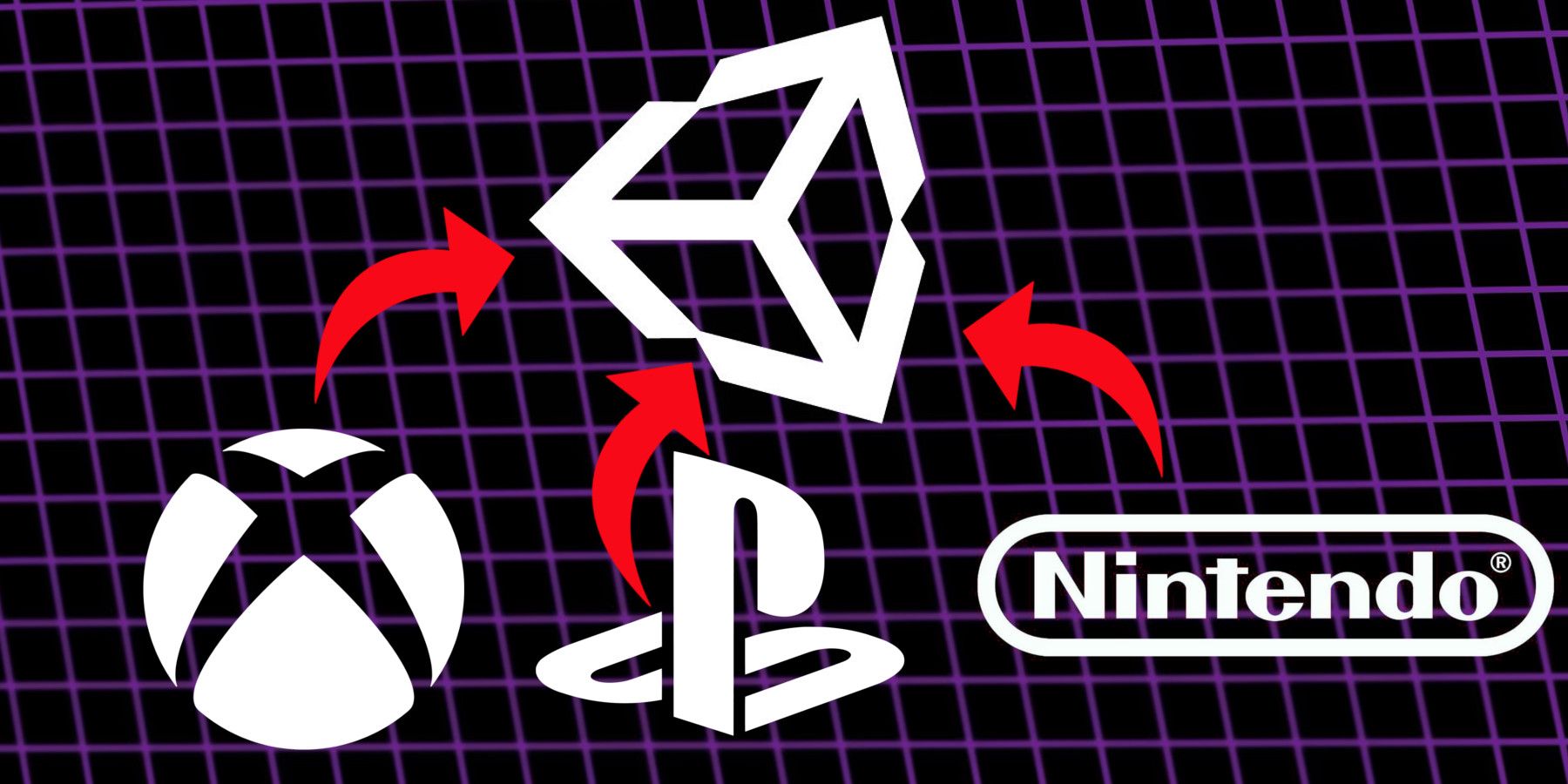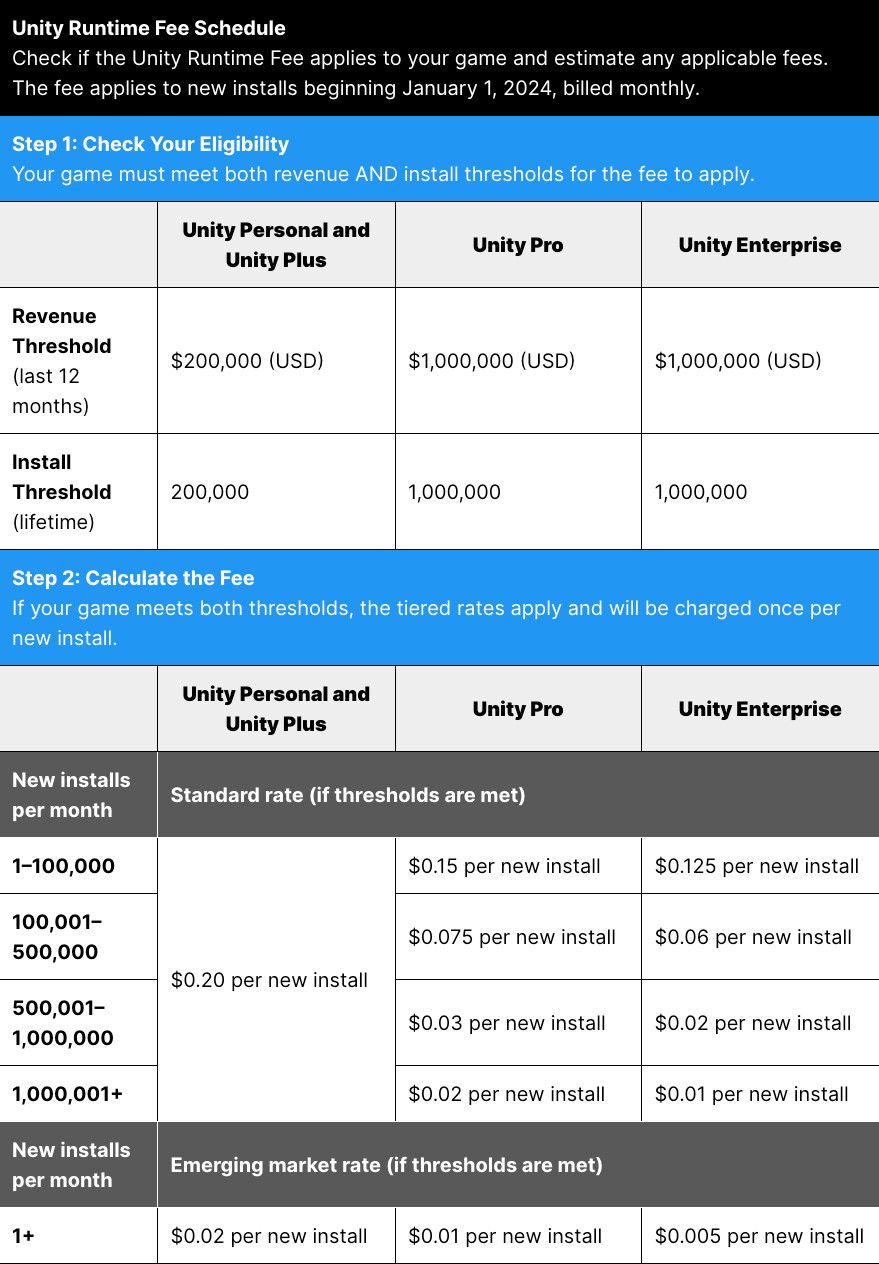Highlights
- Unity suggests that game distributors like Xbox, PlayStation, and Nintendo may have to pay its new runtime fees on behalf of developers.
- The Unity FAQ attempts to clarify various concerns about the pricing plan, addressing issues such as reinstalls, giveaways, and pirated downloads. However, it seems to leave the burden of proving piracy on developers.
- Unity's release of the FAQ was an attempt to mitigate backlash, but its use of ambiguous language has created further confusion.
In an FAQ attempting to clarify its controversial new pricing plans, Unity seems to suggest, among other things, that game distributors like Xbox, PlayStation, and Nintendo will be responsible for paying its new runtime fees on behalf of developers. If this is the case, then these companies would be charged a fee every time users install a successful Unity game from their digital stores.
The recent announcement of new fees for the Unity engine was met with widespread backlash, mostly from game developers who feared that the proposed fees would severely hurt the viability of their businesses. According to its initial announcements, Unity planned to charge developers using their engine a runtime fee for every installation of their games, once those games passed a certain threshold of success. Such a pricing structure could be devastating for indie developers, especially those who have released successful games which can be downloaded for free, like Among Us developer InnerSloth.
In response to the wide range of uncertainty and outrage, Unity has added an FAQ to its official website which aims to clarify the proposed Unity pricing changes. The FAQ covers a lot of ground, with some topics being accompanied by long, detailed explanatory passages. However, one potentially very consequential question is given only a one-sentence, slightly unclear answer. In response to the question "Who is charged the Unity Runtime Fee?" Unity states that the "Unity Runtime Fee will be charged to the entity that distributes the runtime." This nonspecific language seems to suggest that owners of digital storefronts where games are distributed, including Xbox, PlayStation, and Nintendo, could be charged the runtime fee for Unity games downloaded from their platforms. None of these companies have yet indicated whether they would be willing to pay these fees if Unity attempted to charge them for it.
Beyond the question of who will pay the fee, the Unity FAQ also attempts to clarify a number of other issues surrounding the pricing plan. Some of the specific objections raised by indie developers like Facepunch Studios are addressed, including the concern that the fee could be charged on reinstallations, giveaways, and pirated downloads. Unity states that downloads from subscription-based platforms like Xbox Game Pass will not count toward the runtime fee and that it will not charge the fee for reinstalls or pirated downloads. However, with regard to piracy, the FAQ states that Unity will be "happy to work with any developer who has been the victim of piracy," suggesting that the burden of proving certain downloads were pirated might be put on the developers themselves.
The release of this FAQ by Unity was most likely an attempt to calm some of the intense backlash that the company has faced since it announced its new runtime fee. Given that the CEO sold off Unity stock before the announcement, it is fair to assume that the company knew its plan would be deeply unpopular and is now making efforts to save face. However, the use of ambiguous language like "the entity that distributes the runtime" has only created more confusion, presumably the opposite of what Unity intended with its FAQ.
Source: Unity

